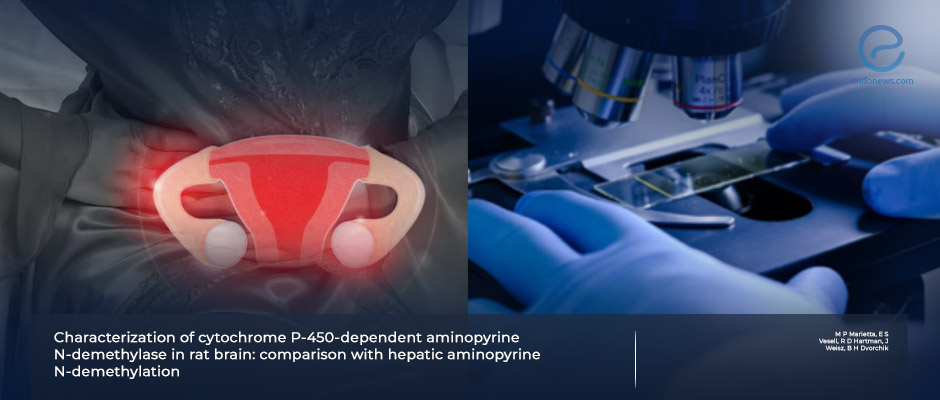The Endometrium Speaks: Inflammatory Clues to Peritoneal Endometriosis
Apr 17, 2025
The inflammatory fingerprint of the endometrium is closely linked to the presence of peritoneal lesions
Key Points
Highlights:
- Although endometriosis affects millions of women worldwide, key etiological factors remain unresolved, limiting effective treatment options.
- Chronic endometritis may impair endometrial receptivity and contribute to the long-standing inflammatory environment seen in endometriosis.
Importance:
- The co-existence of two inflammatory conditions—pelvic peritoneal endometriosis and chronic endometritis—may complicate diagnosis, fertility outcomes, and clinical management.
What's done here:
- This is a prospective cohort study involving women undergoing laparoscopy for pelvic pain or infertility, with confirmed diagnosis of pelvic peritoneal endometriosis.
- 64 women undergoing laparoscopy for suspected pelvic endometriosis also underwent endometrial aspiration biopsy to assess for chronic endometritis (24 were assessed for infertility and 40 were treated for pelvic pain)
- Endometriosis was staged intraoperatively, while chronic endometritis was evaluated through histopathology and immunohistochemistry.
Associations between clinical features and endometrial plasma cell density, immunohistochemical markers, and histologic patterns were analyzed.
Main key feature:
- When peritoneal endometriosis is identified in the fertility work-up, performing an endometrial biopsy to screen for chronic endometritis is recommended to optimize treatment and improve outcomes.
Limitation of the study:
- A small sample size and uneven distribution of women with varying stages of endometriosis may possibly affect the statistical interpretations.
Lay Summary
A prospective study conducted in Krakow, Poland, and recently published in BMC Women’s Health, explored the potential link between pelvic peritoneal endometriosis and chronic endometritis—a persistent inflammation of the uterine lining that may affect fertility.
As endometriosis is a chronic, inflammatory condition, the researchers proposed that chronic endometritis could be a common and under-recognized co-existing condition, potentially contributing to reduced endometrial receptivity and poorer reproductive outcomes.
In this study, 64 women undergoing laparoscopy for suspected endometriosis (due to pelvic pain and/or infertility) also had endometrial biopsies to assess chronic inflammation, including immunohistochemical evaluation for more precise diagnosis.
Women with peritoneal endometriosis had a 3.4-fold higher risk of chronic endometritis, based on immunohistochemical results. Interestingly, those with stage III endometriosis had a significantly lower risk of chronic endometritis compared to those with stage I disease. Among women with infertility, 62.5% were found to have chronic endometritis.
Based on these findings, the authors recommend that when peritoneal endometriosis is diagnosed—especially in the context of infertility—an endometrial biopsy should be considered to check for chronic endometritis. Identifying and addressing both conditions could lead to more effective and individualized treatment strategies.
Research Source: https://pubmed.ncbi.nlm.nih.gov/0033263
endometriosis chronic endometritis immunohistochemistry

